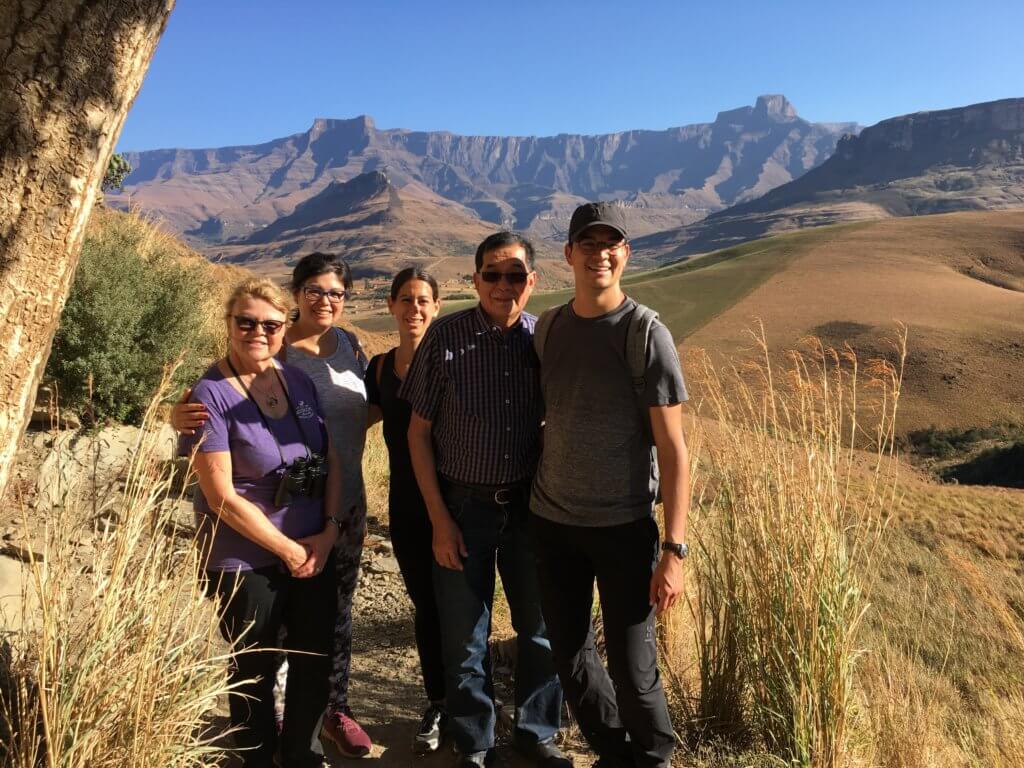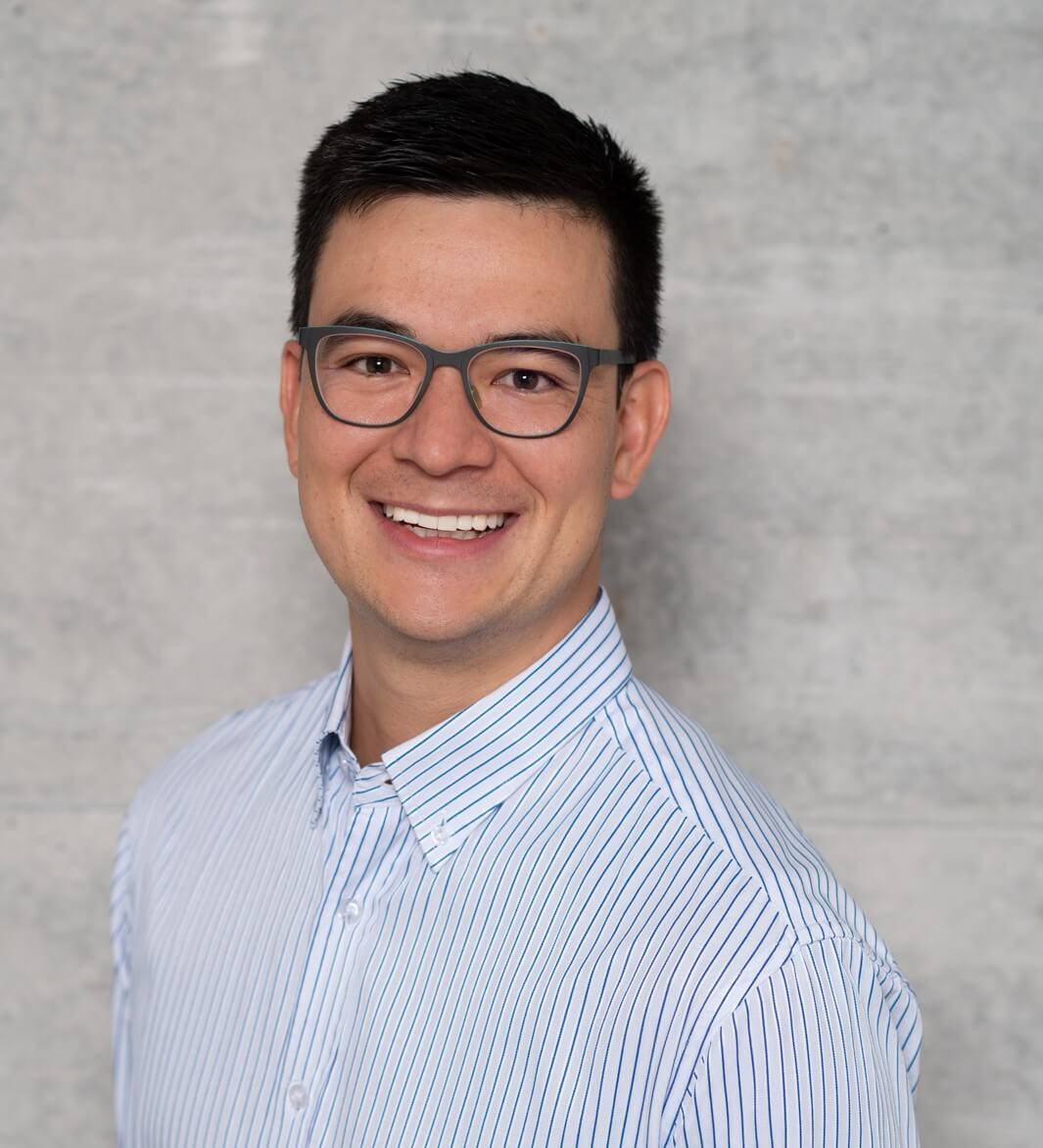Donovan Chie is one of our valued consultants in Operations. He’s also an accomplished sportsperson, a keen musician, and an enthusiastic foodie. From South Africa to Shanghai to Switzerland, Donovan shares his education and career journey to date in his Consultant Spotlight below…
From South African student to ETH graduate, tell us more about your education…
My mum is German, and my dad is South African-Chinese, so as well as completing the South African school metric, I also completed the German Abitur. I first realised I wanted to study abroad at some stage during my studies at the German school.
My parents always encouraged me to grasp opportunities to broaden my horizons – to experience the world outside of South Africa, even if it was just to study. I was very fortunate as a child to travel extensively with my parents. I learnt to love travelling at quite an early age and embraced the variety of cultural experiences offered by the different countries and continents we visited.
In 2005 I had the opportunity to join a six-week educational tour in Shanghai. Organised by an American society and supported by the Chinese Government, the aim of the tour was to gather English speaking students from around the world to allow an exchange with Chinese students looking to improve their English and connect with Western culture.
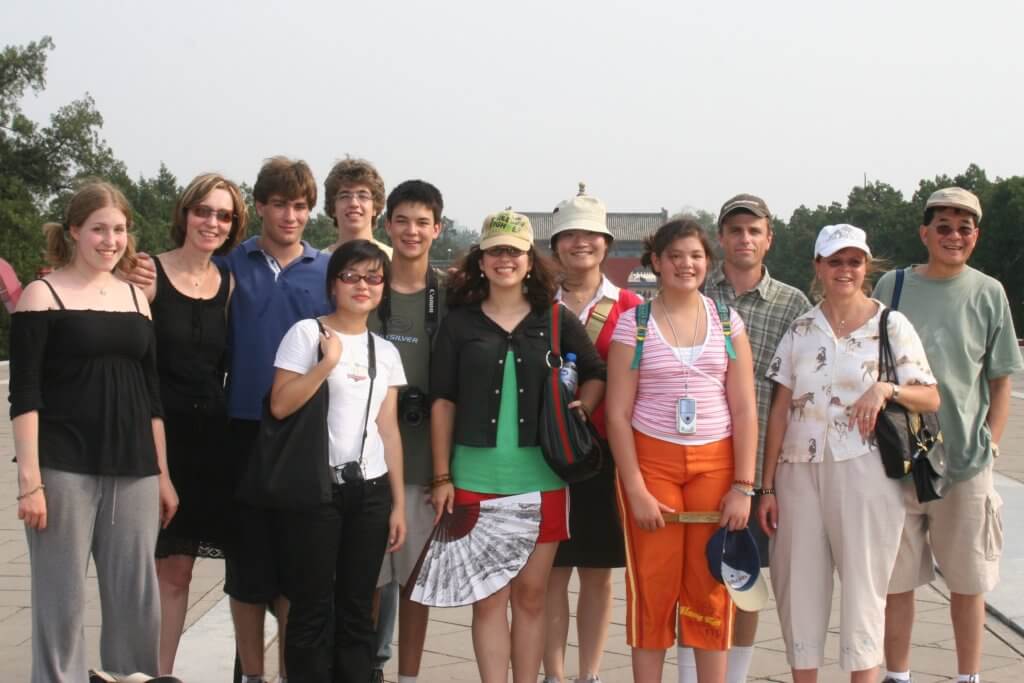
During my time in Shanghai, I met students from America, Australia, Europe, and Canada. I saw how differently they behaved, and absorbed their different perspectives, outlooks, and opinions. Their level of open-mindedness was far above mine at the time, so they were a real source of inspiration for wanting to study abroad. The trip was definitely a defining moment for me and solidified my decision to work towards moving to Europe.
After finishing my schooling in South Africa, I moved to Switzerland to study Mechanical Engineering at ETH Zurich. Having close family friends living in Switzerland meant that there was a bit of a safety net with moving to Europe. I’m so grateful for how they more or less adopted me during my time at ETH – they made studying in Switzerland affordable and became my extended family.
Following my bachelor’s in Mechanical Engineering, I decided to stay in academia, completing a master’s in Process Engineering and specialising in nano particle synthesis processes in relation to renewable energy.
What prompted your interest in renewable energy, and your subsequent move into medical?
I was always looking for a purpose to my studies. At the time of choosing my focus area, we were in an interesting industrialisation period regarding renewable energy concepts.
My initial interest in Mechanical Engineering stemmed from wanting to go into robotics because it was a broad, ever-required field. But after starting my studies, I soon realised I found renewable energy fascinating – I saw its environmental benefits, and how it provides something truly sustainable for humanity in that sense.
So, when it came to making a choice for my master’s, it was Process Engineering that included the study of renewable energies that interested me the most. The combination of engineering, designing, and finding conceptual solutions to problems was really appealing to me.
I first encountered the medical industry during my time at ETH. Whilst I was focused on renewable energies, there were students looking at other applications which were more medically driven, and I found their work really interesting. I remember a PhD student who was working on producing censors for breath analysis of patients with diabetes – so instead of having to prick your finger, a breathalyser test could be utilised to monitor insulin levels via molecules present in the patient’s breath. There was also a fellow student who was working with magnetic particles to target tumours.
Once I finished my master´s I was offered the opportunity to continue in my field of study for a PhD, but I was ready to get into industry. As the nano particle field wasn´t well developed in Switzerland, I decided to explore other fields, and after a little research I came across a Quality Engineer role at Biotronik – a medical device company that produces balloon catheters and stents.
What do you enjoy about working in the Quality and Operations fields?
The Quality field first caught my eye when my girlfriend´s father, who worked at Zimmer Biomet at the time, gave us a tour of the plant. Here I had an introduction into the importance of quality management and engineering, and the experience encouraged me to apply for the role at Biotronik.
After my first day at Biotronik, I fell in love with the work! I found the role and the field truly diverse, with lots of contact with a variety of departments within the company. The various depths which one can go into as a quality engineer keep the day-to-day interesting. Sometimes it’s high-level when you’re dealing with the regulatory aspects, then there are the situations where you’re very hands-on – say, if there’s a production problem and you need to work with the development engineers to find a solution. It was this diversity, as well as contributing to a product that brings a benefit to the public, which captured me.
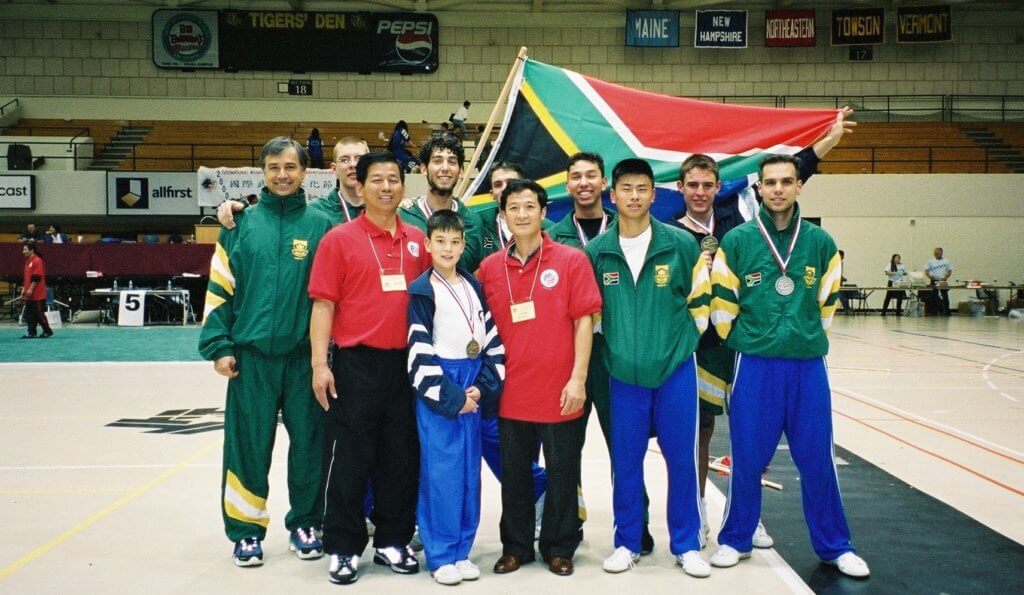
I’ve always loved variety. I was so lucky that my parents enabled and encouraged me to participate in lots of hobbies. As a child I was involved in Kung Fu, and at 12, I competed at the Junior World Championships in the US, winning gold.
I was a keen swimmer and an active member of the high school squash team. I also participated in horse jumping events, played handball and basketball, and enjoyed learning to play the piano and the drums. There are lots of wonderful things to experience in the world, so I´m always eager to try something new!
As well as the diversity, knowing that I maintain the quality aspects for products that have a tangible impact is another reason I continue to work in the MedTech and Pharma industry. During my five years at Biotronik, a few family friends had heart issues and needed stents – one or two even had Biotronik stents implanted. To know that a product that I was supervising made this difference to people close to me was really fulfilling. It’s this potential for making a real-life impact that motivates me to get up every morning and go to work.
Tell us about your transition into consultancy…
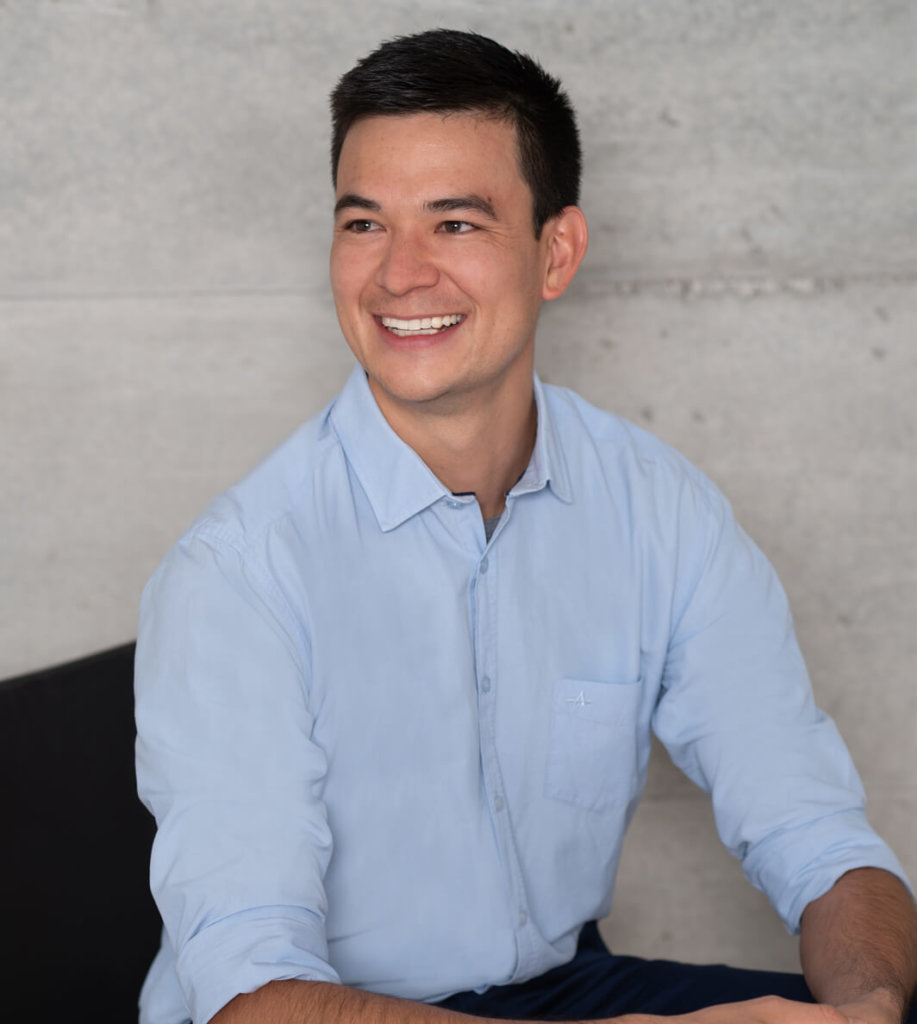
After five years at Biotronik I was ready for my next challenge, and to follow a path towards becoming a subject matter expert and project lead. Becoming a consultant provided ample opportunity to pursue this, as well as the chance to experience working for different sized companies.
My new role as a consultant has opened a lot of doors. I´ve moved away from the actual supplier / production monitoring and I´m now in a position where I´m working a lot in digitalisation and operational excellence to improve the company processes, and at the same time implementing digital tools to make the processes sustainable for the employees.
I´m currently enjoying working within a great niche which combines process optimisation (my passion) and working closely with data analysts and colleagues with a computer science background to help define the direction for tool development.
What key challenges regarding digitalisation and operational excellence do you think we’ll encounter over the coming years?
Within the medical device industry, you´re always confined by the regulatory boundaries. And so, when it comes to digitalisation, the question of whether the system can be validated with regards to patient safety and quality needs to be answered. Whilst the regulatory requirements certainly need to be met, it´s important to understand and address the necessary requirements without over- complicating things to meet every possible eventuality.
With digitalisation, you can do all sorts of things – from an IT perspective, there´s a playground of potential solutions. But it´s important to ensure that digital solutions are as simple as possible, address a direct need, and are always relevant for the defined processes, to ensure that what’s produced can be qualified and validated in a streamlined way, and genuinely makes life easier for process operators on a sustainable level. The way to achieve this is by looking at the complete product chain, considering how teams from different specialisms work together efficiently, and reviewing how each process interacts with each other.
Another big challenge that I´ve encountered is convincing people of the benefits of change when it comes to digitalisation, when a process or way of doing something has been in place for a long time. Introducing a new system to those who may not be so technologically knowledgeable / capable can be tricky, so it´s important to evaluate all potential user groups in terms of how the transition and new system gets explained – especially to those who aren´t necessarily digital natives.
What’s your favourite part of your job?
Even in school I had a passion for sharing knowledge – I would volunteer in after school programs to help younger students with their homework. Now as an adult, I’m happiest when I’m interacting with people and sharing knowledge to help solve a problem.
A career highlight for me was leading a project that introduced me to the digital world. The project facilitated a big step in digitalisation for the company, and it was my first as project lead. Particularly memorable for me was the production rollout – working with the operators, teaching them how to use the devices, and incorporating their feedback into the device optimisation to help improve their daily work. Seeing how their initial scepticism transformed into real joy about a tool that made their life simpler was really satisfying.
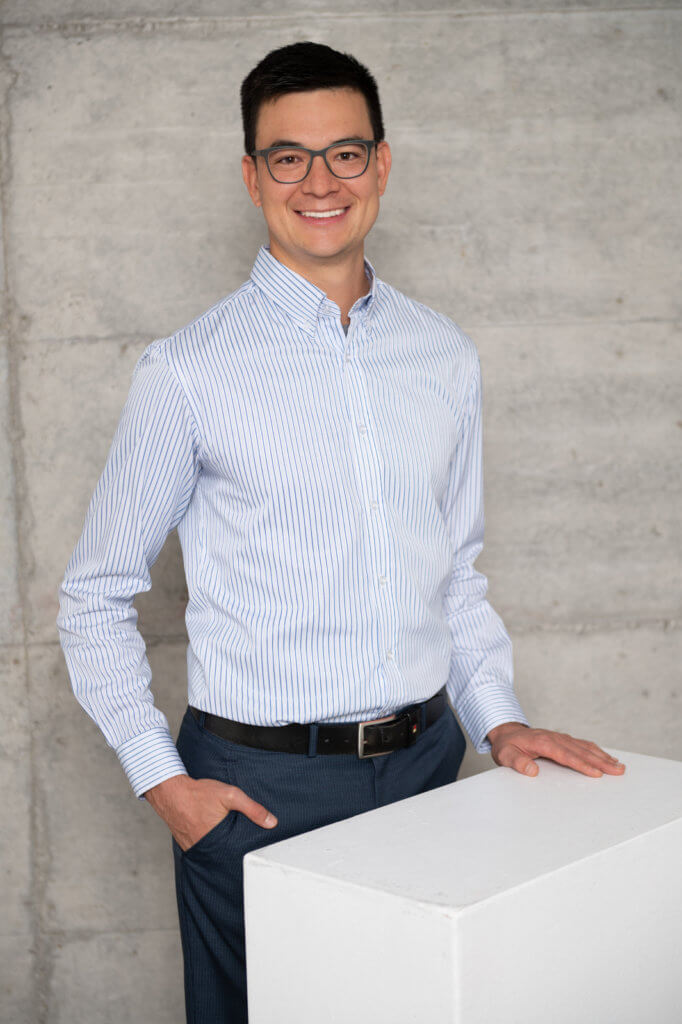
People are different, complicated, and fascinating. As I’ve developed more professional experience and become more self-reflective, I’ve come to realise that situations are not always black and white. I find this mind-set allows me to help people to problem solve both professionally and on a personal level.
I’m intrigued by what drives people, and how one can help them to overcome their fears to succeed. Sometimes I think that if I had known as a youngster how much I’d enjoy the “people” side to my role, perhaps I’d have pursued psychology!
As a real people-person, who are the people that inspire you the most?
At university, my master’s thesis supervisor was hugely inspirational. His dedication to work and his positive attitude throughout the ups and downs (which there are lots of in the field of research!) inspired me to persevere.
During my time in the industry, I´ve been fortunate to have managers and directors who are open to all sorts of discussions on both a technical and personal level. My director at Biotronik – my first real boss, opened my eyes to the benefits of statistics, six sigma, and lean processes, and supported me with my development in these areas. I still consider him a mentor today.
On a more personal level, I´m influenced by my girlfriend who is a psychologist. Over the past 10 years together I´ve had a glimpse into what she deals with daily and have profited from her expertise. The resulting personal discussions on psychological topics have given me certain insights which have helped me in professional situations as well.
This last year I´ve been lucky to have a professional mentor on the “soft” skills side too, which has helped me with self-reflection that’s proven so useful for both my professional and personal life.
Outside of work, what are you passionate about?
Sport and music help me to balance work and life. I still play squash and enjoy group training at the gym – it’s super social and a great friendship group to see every week.
I also play drums in a hobby band. Back in South Africa I was in an alternative rock band and performed at regular gigs. It was a tough life choice to make when I left for Europe, because it meant leaving the band – who actually split up after I left, as a few of us were at a similar life stage. But music will always be very present in my life. I have broad taste, and love jazz, pop, hard rock, and metal. I guess this variety of tastes in music reflects how much I enjoy variety in my work life too.
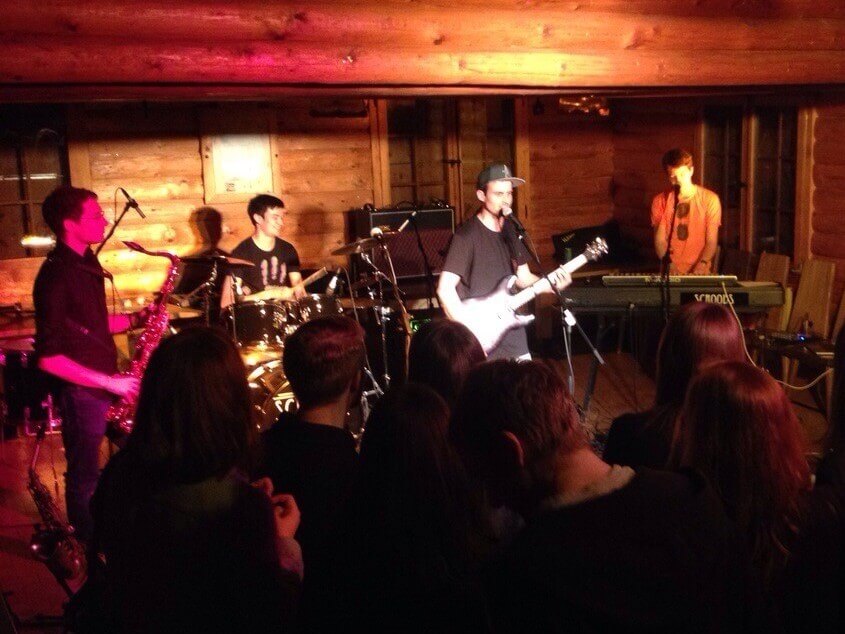
Nutrition and wellness are also important to me. At home I try to recreate Chinese recipes from my aunt and my dad. There´s a delicious rice soup which we eat at special functions, and stuffed aubergine with fresh minced fish, spring onions and coriander is a staple – as well as stir fries and hot pots. In summer, there´s a tasty Chinese style poke bowl with raw fish that I like to make. I’m also influenced by German and African cooking so there are plenty of different dishes to enjoy in the kitchen!
And finally, what’s next for your MedTech career?
I definitely see myself continuing as a consultant – becoming a technical expert, and at the same time developing the people management side which is an area I’m really passionate about. Consultancy allows me to combine the technical and personal sides, whilst experiencing a variety of different company environments and cultures.
In the here and now, I make sure to live in the moment and enjoy the day-to-day highlights – whether that means solving a technical problem or helping someone through a personal issue.
And in terms of the future, I just want to try my best to make a positive impact on the people I work with, whilst being motivated by the notion that my family and friends could one day be affected by a condition that is helped by the products I work on.
